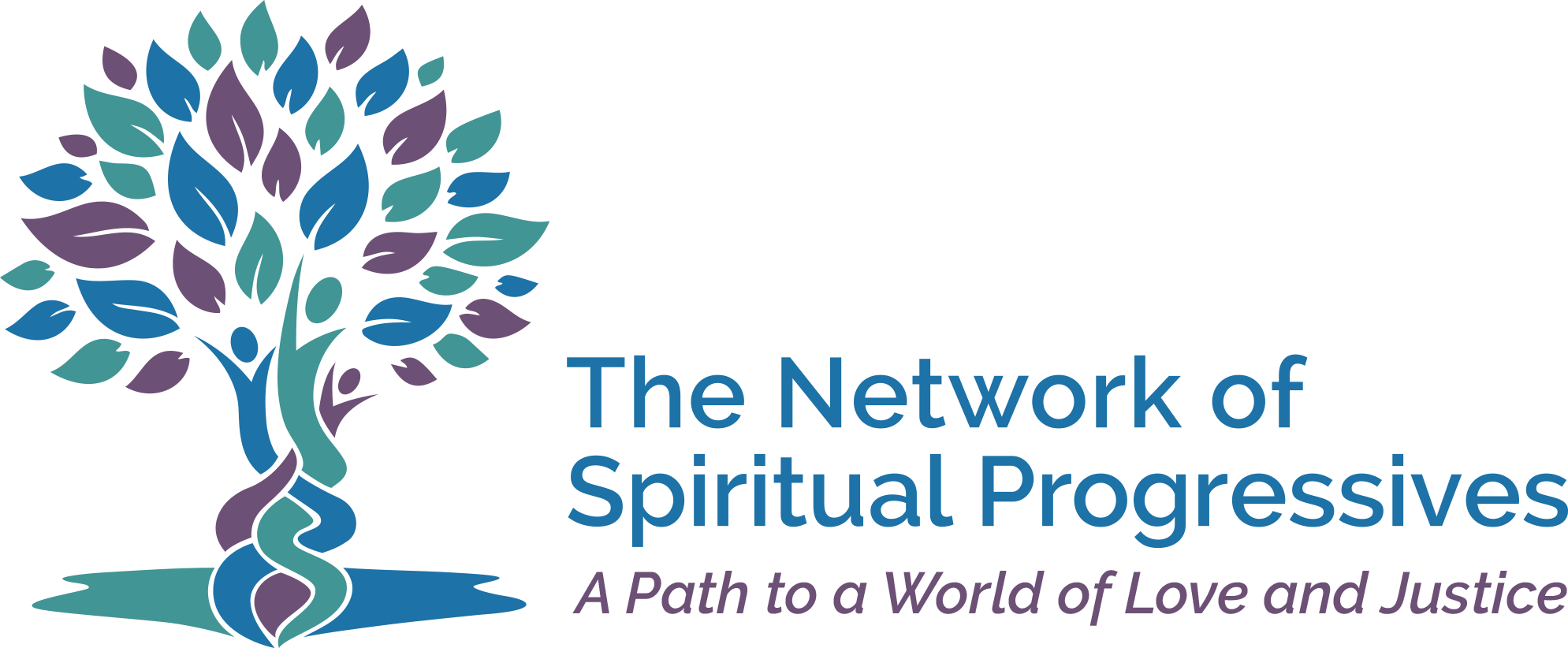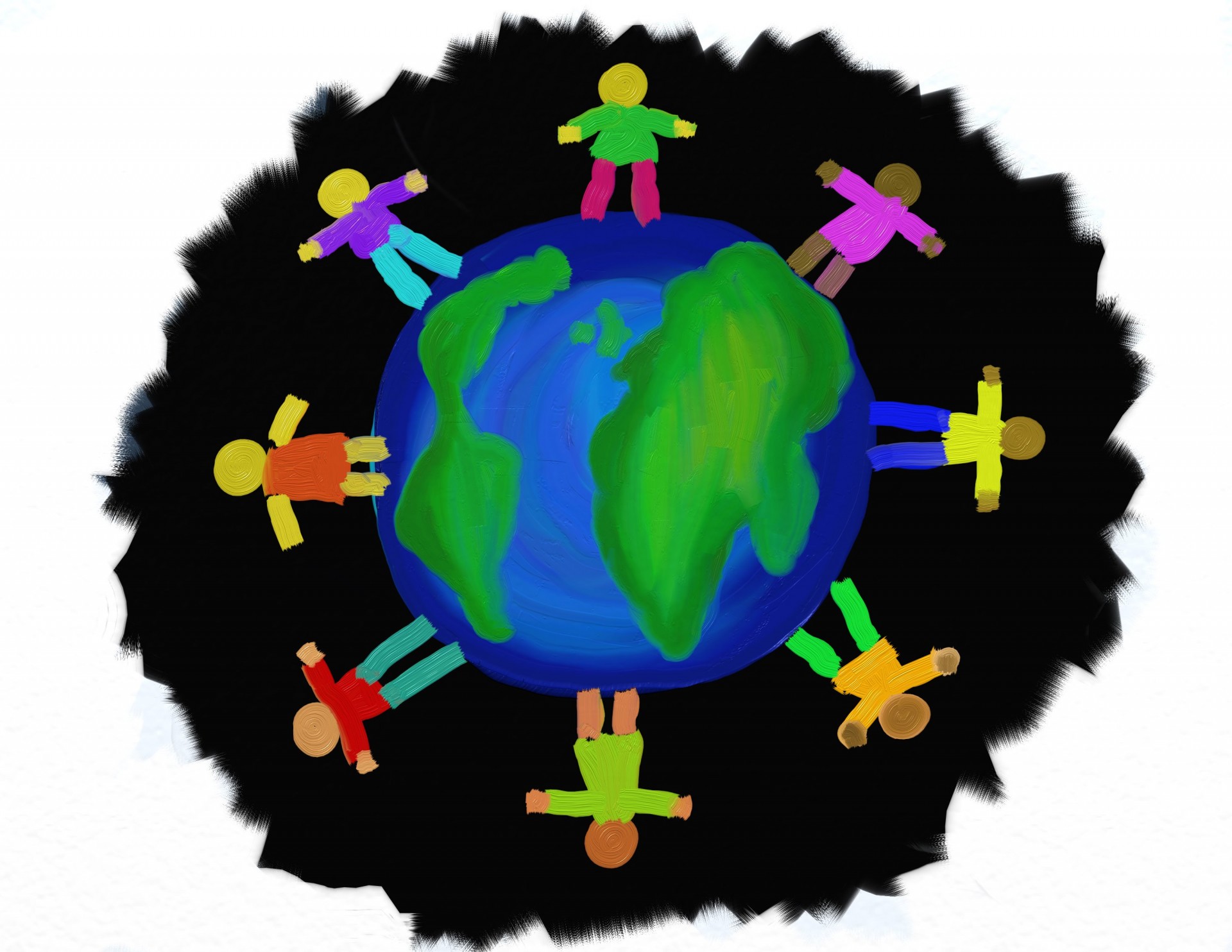In our struggle to bring about the sweeping social transformations we seek, we must be careful not to empower a new totalitarian force of the Right or the Left, or to create social movements that impose “political correctness,” stifles free expression, individual creativity, or idiosyncrasies. We shall oppose any form of Stalinism or coercive group think, whether that is perpetrated through social media, government-administered loyalty tests, corporate manipulations, or warped social change movements.
We recognize that people suffer oppression in a multitude of ways in their lives and that when people embody multiple identities (for example, African American women) these identities intersect and interact in complex and myriad of ways both within the person and in the ways they are treated by others, society-at-large, and social institutions.
We want to highlight these complexities and simultaneously recognize that oppression, domination, and discrimination are not the sole ethical property of one particular race, religion, ethnicity, nationality or sexual or gender identity. “Identity politics” loses its strength when it insists that one group is suffering worse than another or when it fails to see the suffering of others, thereby missing the intersectional complexities and multiple forms of oppression. If to succumb to prioritizing one group’s suffering over another or pit one oppressed group against another, not only we will strengthen the power of the ruling elite but we will also undermine our ability to unite together to change the larger systems and structures of oppression.
We believe that all forms of oppressions should be taken seriously and can provide a basis for deeper identification, camaraderie, empathy and compassion. The change in society that we seek from one of domination to one of love and generosity will be facilitated when people have developed a heightened awareness of the way their own particular form of oppression and suffering provides a link to understand the oppression and suffering of others. So part of developing a transformative consciousness is to learn to be in touch with one’s own forms of oppression and suffering and then to learn to see similarities and to respond with empathy and compassion for the suffering of others without any need to believe that we fully understand or can experience the uniqueness of others’ suffering. As this experience deepens, we become more fully aware that our own liberation is dependent upon and intrinsically linked to the liberation of all others.
We seek a balance between the focus on one’s own identity group(s) and globally solidarity with all people on the planet and the planet itself. We are aware of the way that some movements in the past have used the claim that all particular identities and the issues that face those identity groups must be subordinated to the larger need for societal change as a whole. Dealing with racism, sexism, homophobia, anti-Semitism, Islamophobia, or other forms of oppression are then put-off indefinitely until the larger transformation happens. This is a mistake for two reasons: (1) people facing forms of oppression of their particular community find it difficult to avert their attention to the larger struggle when their own oppression is being ignored and so deeply impacts their lives on a daily basis; and (2) very often the particular oppressions are so intense and debilitating that those who suffer under their yoke have little energy to join the larger struggle, and then the larger struggle fails because it hasn’t been able to draw on the energy of these communities.
At the same time, it is almost always the case that each of the named oppressions will not be completely eradicated until the larger transformation occurs as well. Even when some individuals in each identity group are able to gain power and status in our society, they usually do this by abandoning that which is richest and ethically most coherent in their identity group’s cultural inheritance. Once they obtain a position of power and status, they often neglect to address the ongoing needs of the members of their identity group who have not obtained a position of power and status in society.
We strive to respond compassionately and empathically to those who disagree with our spiritual progressive worldview articulated here. That same empathy and compassion should be shown to all activists in the movement, including those who insult, criticize or put others down, use power over others or use high ideals in manipulative ways. We recognize that our social change movements will attract many wounded people who need healing. Yet at the same time we will remain firm in refusing to allow those who are hurtful or manipulative to shape the inner culture of our social change movements or divert our movement from its focus on the New Bottom Line.
So we approach this whole enterprise of tikkun (healing and transformation of the world) with a spirit of humility, even as we simultaneously embrace the excitement of living at a moment in which the forces of love in the universe are beginning to assert themselves and demand that the world be changed so that love can flourish.
In every aspect of life, we will give priority to enhancing our capacity to respond to other human beings as embodiments of the sacred, recognizing that our own well-being depends on the well-being of everyone else on the planet, and on the well-being of the planet itself. In this way we hope to make our lives congruent with the unfolding spiritual reality of the universe around us.

